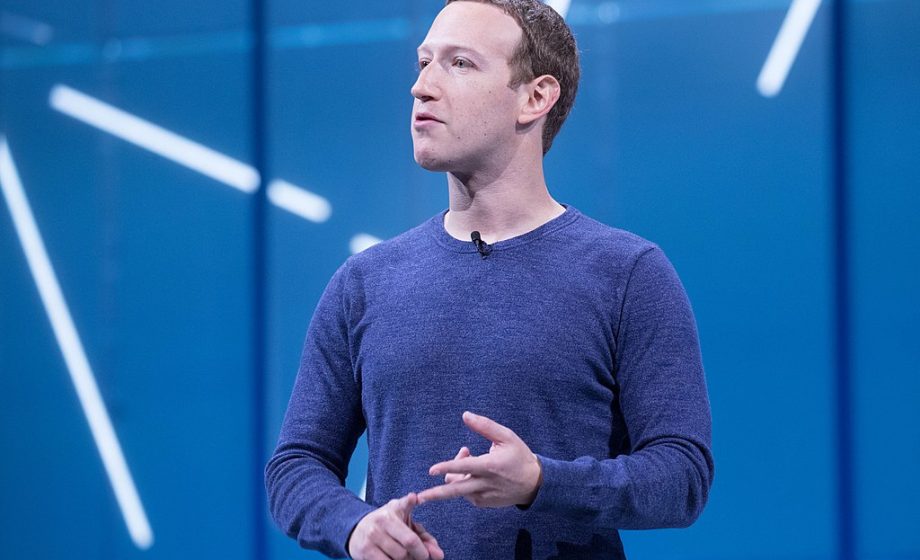Facebook CEO Mark Zuckerberg said the platform should accept some form of state regulation, speaking at the Munich Security Conference this week, according to The Guardian.
He said that as a content provider, Facebook’s role falls somewhere between that of a newspaper and a telephone company, and noted that online content should subject to the kind of rules that govern those industries.
“I do think that there should be regulation on harmful content … there’s a question about which framework you use for this,” Zuckerberg said.
“Right now there are two frameworks that I think people have for existing industries – there’s like newspapers and existing media, and then there’s the telco-type model, which is ‘the data just flows through you’, but you’re not going to hold a telco responsible if someone says something harmful on a phone line. I actually think where we should be is somewhere in between.”
He also acknowledged Facebook had been slow to come to terms with the scope of foreign interference in elections, but said the company has now employed 35,000 staff to monitor content and carry out security measures. Between moderators and automated technology, Zuckerberg said Facebook suspends over a million fake accounts each day, and that “the vast majority are detected within minutes of signing up.”
“Our budget [for content moderation and security] is bigger today than the whole revenue of the company when we went public in 2012, when we had a billion users,” he said.
He said the security measures would help protect the democratic process, but argued against claims that social media inherently increases political polarization, claimed that in reality, it brings people together.
Last year, Zuckerberg called for stronger regulation and “a more active role” for governments, after facing mounting criticism over the platform’s impact on political dialogue and the social fabric more broadly.
But the CEO’s calls for regulation haven’t stopped criticism of the way Facebook handles its content. Most recently, the company said it won’t ban or fact-check political ads, and won’t limit micro-targeting that allows ads to reach only a precise segment of the population—which critics say allows misleading and false claims to go without scrutiny.
In recent months, Twitter banned political ads entirely, while Google limited micro-targeting. Yet Zuckerberg has defended the importance of free political speech, and declined to take similar steps.
The Facebook co-founder is set to start new discussions with EU commission regulators on Monday.
Photo by Anthony Quintano from Honolulu, HI, United States [CC BY (https://creativecommons.org/licenses/by/2.0)]

